Soudan : au Darfour, Al-Geneina, une ville à couteaux tirés
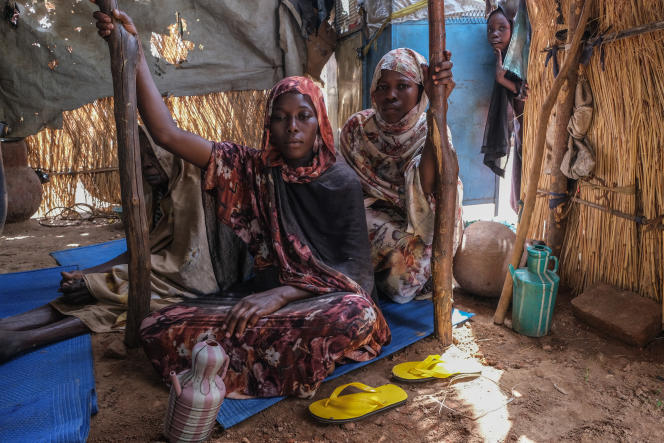
La province soudanaise vit au rythme des violences entre communautés arabes et non arabes. En avril, des factions armées se sont entretuées jusque dans les hôpitaux du centre-ville.

La province soudanaise vit au rythme des violences entre communautés arabes et non arabes. En avril, des factions armées se sont entretuées jusque dans les hôpitaux du centre-ville.

Arrivé mardi 12 juillet et reparti mercredi 13 juillet au soir, le président du Niger Mohamed Bazoum, était à Ndjamena pour « une visite de travail et d’amitié ». C’est son deuxième séjour au Tchad depuis sa prise de fonctions. Lors d’une conférence de presse tenue à la présidence tchadienne mercredi 13 juillet, lui et son homologue tchadien Mahamat Idriss Déby ont longuement abordé la lutte contre le terrorisme dans la région, le retrait du Mali du G5 Sahel et la transition tchadienne.
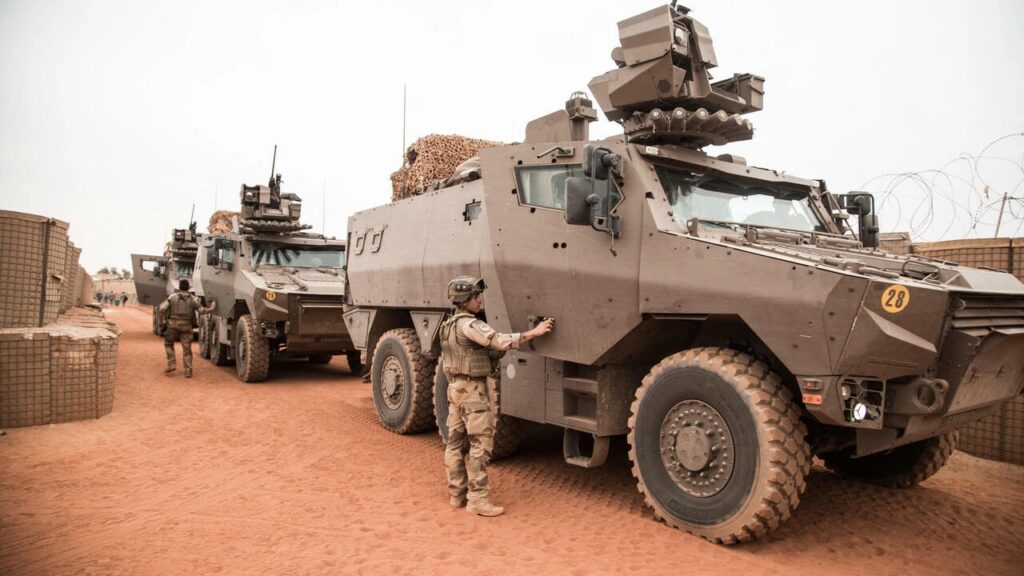
Les ministres français des Affaires étrangères, Catherine Colonna, et celui des Armées, Sébastien Lecornu, se rendent, jeudi et vendredi, au Niger, pour définir une nouvelle stratégie militaire de la France au Sahel après le retrait des troupes françaises du Mali, à l’heure où les attaques terroristes se multiplient.
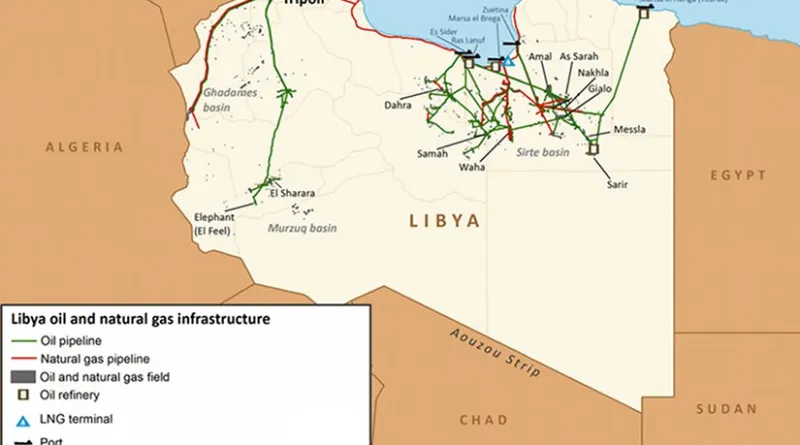
The Waha Company’s production declined by 50% to 145,000 barrels per day, after protesters at the Sidra port prevented oil tankers from entering for the second day in a row; This caused a reduction in the capacity of the port’s oil tanks. Oil production in Libya fell to 700,000 barrels per day in the second half of June, compared to 1,250 million barrels per day before implementing the closures of oil fields and ports by the protesters.

Former governor of Libya’s central bank named to head NOC
TRIPOLI, Libya
The Tripoli-based government of Prime Minister Abdul Hamid Dbeibeh on Tuesday appointed a new chairman of Libya’s state oil company.
“Farhat Omar Bengdara was appointed chairman of the National Oil Corporation (NOC), replacing Mustafa Sanalla,” Oil Ministry spokesman Ahmad Jumaa told Anadolu Agency.
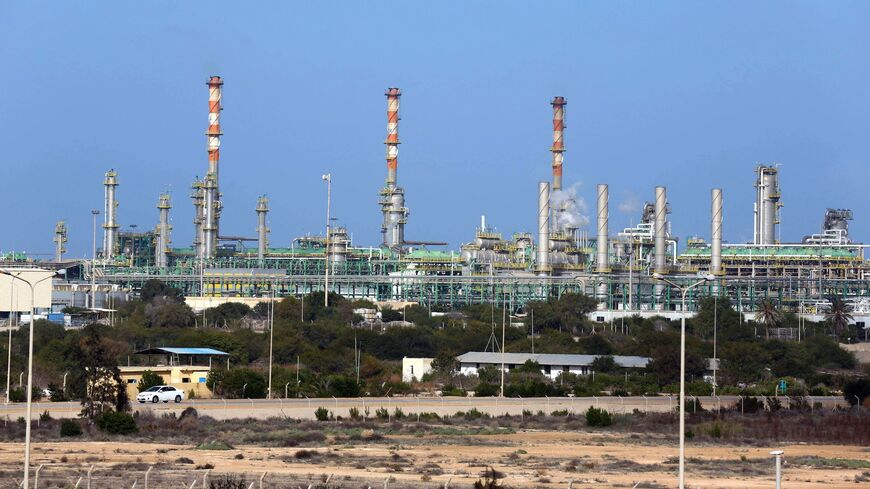
Italy wants Libya to boost its gas exports to Europe in an effort to reduce the continent’s energy dependence on Russia.
A controversy is brewing between Libya and Italy over gas exports.
The EU wants to import as much African gas as it can, but doesn’t want to fund projects that would allow the world’s poorest continent to burn more of the fuel at home.
Near the tip of Nigeria’s Bonny Island, an arrowhead speck of land where the Atlantic Ocean meets the Niger Delta, a giant plant last year produced enough liquefied natural gas to heat half the UK for the winter. Most of it was shipped out of the country, with Spain, France and Portugal the biggest buyers.

Des témoignages et des images authentifiées par « Le Monde » permettent de retracer les événements qui ont conduit, vendredi 24 juin, à la mort de dizaines de migrants à la frontière entre le Maroc et l’enclave espagnole de Melilla.
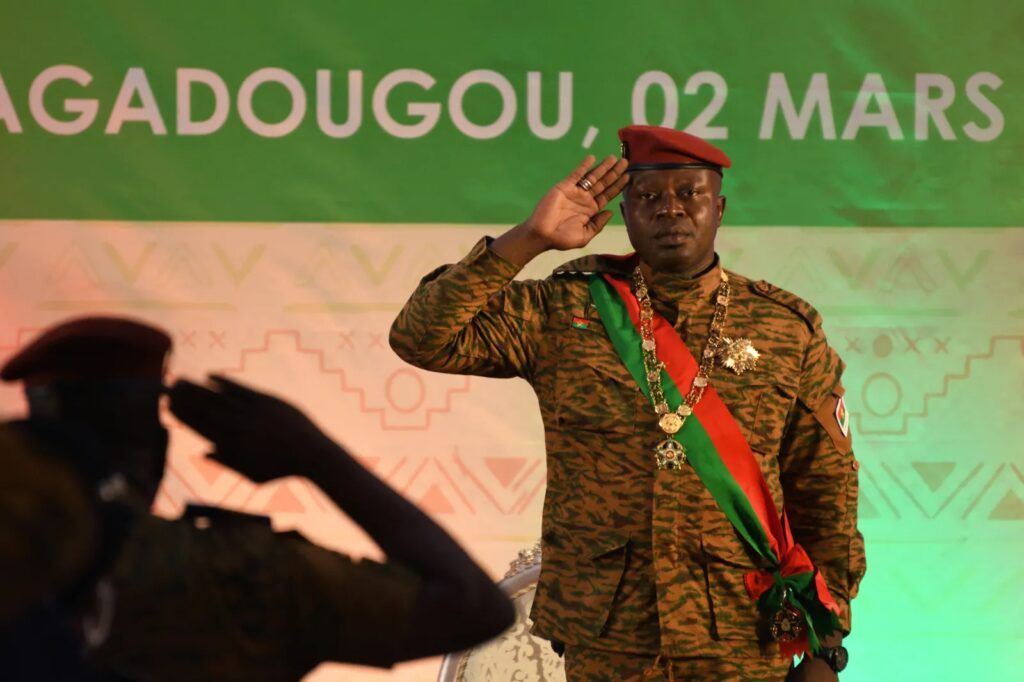
Democratic Backsliding, Youth Resistance, and the Case for American Help
On September 5, 2021, a 41-year-old colonel in Guinea’s special forces took to the radio to announce that President Alpha Condé had been arrested and the constitution had been dissolved. The colonel, Mamady Doumbouya, said he and his fellow coup makers were fulfilling their duty to “save the country.” As he spoke, a photo of the disheveled 83-year-old Condé—slouched on a couch, surrounded by his captors—went viral on social media, inspiring a meme as young Guineans humorously reenacted the scene.

Algeria’s president managed to bring together Palestinian President Mahmoud Abbas and Hamas leader Ismail Haniyeh for the first time in 6 years, but divisions between the two rival factions they represent may be too deep at this point.